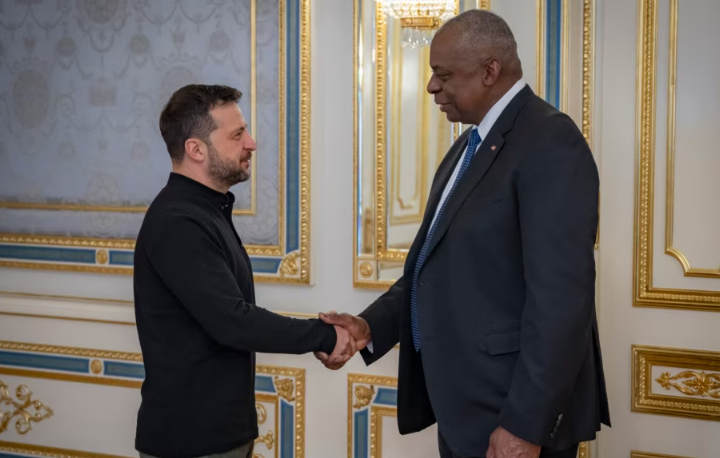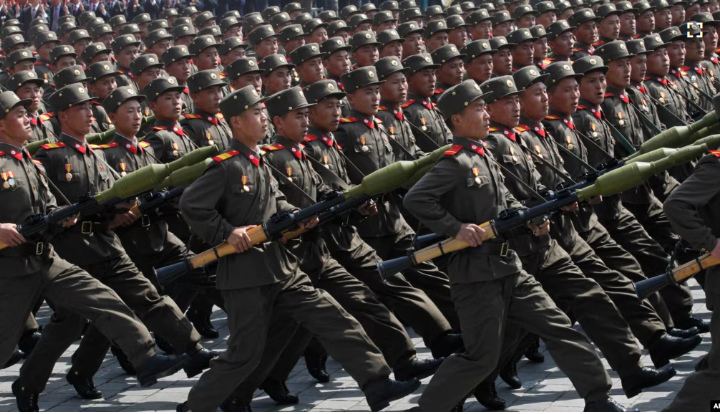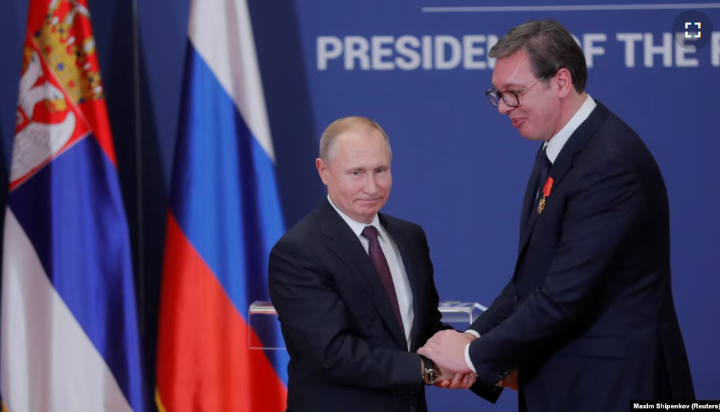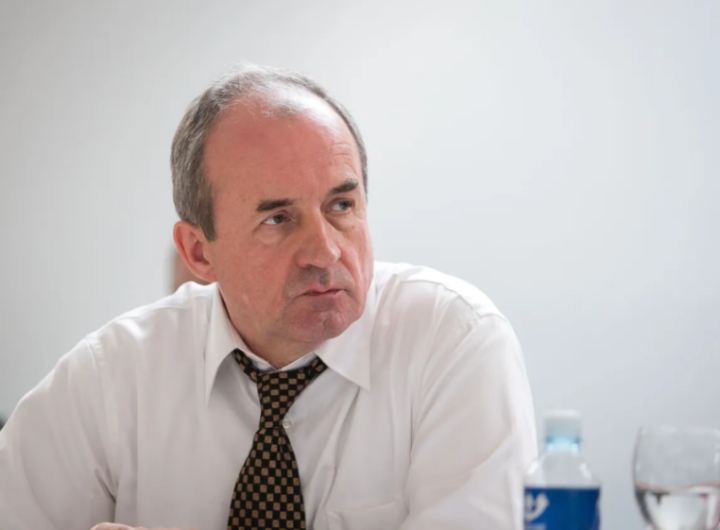
Janusz Bugajski, 10 November 2023
With the formation of a new coalition government, Montenegro faces an intensified push by Belgrade and its collaborators to eradicate the nation’s identity and restrict its statehood. The immediate future looks challenging for Montenegro, as its patriots will need to organize an effective counter-offensive against systemic Serbianization and clericalization.
The annual Cetinje Forum, organized by the Faculty of Montenegrin Language and Literature at the beginning of November, is one of the few outposts of resistance to Serbianization. Analysts at the event painted a somber picture of how under the cover of a pro-European government, Serb nationalists penetrate and disfigure the country’s institutions. The longer such a government is in office the bigger the danger.
The outgoing administration of Dritan Abazović has been soundly condemned by Montenegrin patriots for opening the door to political infiltration by Serbian nationalists and the Serbian Orthodox Church. After months of haggling, the newly cobbled government of Milojko Spajić looks set to continue Abazović’s policies. This time the pro-Belgrade “For the Future of Montenegro” formation will operate under the cover of the “Europe Now” party, which received the majority of votes in the June parliamentary elections.
Belgrade’s objectives for Montenegro may not envisage a full inter-state merger but the creation of a vassal state that will abide by Serbia’s foreign and security policies and not challenge Belgrade on the international arena. The Vučić regime is unlikely to push for Montenegro’s exit from NATO. Instead, it calculates that Serbian and Russian agencies can obtain NATO intelligence and undermine Alliance cohesion and effectiveness.
The pro-Serbian parties will seek to divert any genuine anti-corruption campaigns by the new government into attacks against the opposition and members of the previous Democratic Party of Socialists (DPS) administration. Simultaneously, they will continue to benefit from the patronage of Belgrade and Moscow by disguising their corrupt business connections.
With parliament and government subordinated or melded to the Serbian agenda, other state organs and institutions funded by the state will be empowered to dilute Montenegrin national identity. Much of this will be undertaken under the cloak of “religious freedom,” to fool Western observers and democracy promoters. The “soft power” of the Serbian Orthodox Church will be enabled to spread its distorted views of Montenegrin history and identity. When the first Yugoslavia was created at the end of World War One, independent Montenegro was subordinated to the Serbian state, monarch, and religion.
Much like Russia’s Orthodox Church, which depicts itself as Ukraine’s “elder brother” and steals Ukrainian history, the Serbian Church pilfered the heritage of the Montenegrin Orthodox Church and occupied its monasteries and Churches, even including in the traditional capital of Cetinje. Serbia’s religious order has also penetrated the educational system where its priest-propagandists brainwash children at an early age to renounce their Montenegrin heritage and declare themselves as Serbs. History is systematically falsified through state institutions to disguise the fact that Montenegro can claim a longer history and more continuous statehood than Serbia.
Creeping clericalization not only reverses the reforms of Montenegro’s Prince Danilo in the 1850s, which separated church from state, it also counters the core European values of liberalism and secularism. Serbia is now pushing Montenegro backwards toward obscurantism, medievalism, and spiritual stagnation. Attacks on language, manipulation of the upcoming census to inflate the number of Serbs, denial of Montenegrin as a distinct language, rewriting of history textbooks, and control over the media are all part of the Serbianization campaign.
The subversion of Montenegro is happening under the eyes of European and American diplomats who naively believe that the new coalition government will be democratic, liberal, and modern. They will be shocked, as during the 1990s Yugoslav wars, when the patience of Montenegrin patriots expires, conflicts intensify, and the prospects for violence increase.
The time for more effective resistance and assertion of national identity by one of the oldest nations in the Balkans is rapidly approaching. Montenegrin leaders, activists, and intellectuals must rally the nation in defense of the country’s identity, language, culture, values, and statehood. Even those citizens who voted for the current government believing that it would improve the economy and hasten EU accession should become aware of the dangers ahead. Subordination to Serbia would not only eradicate freedom and independence; it would also establish a Russian political base inside NATO that subverts the West.
Janusz Bugajski is a Senior Fellow at the Jamestown Foundation in Washington DC. His recent book is Failed State: A Guide to Russia’s Rupture. His forthcoming book is titled Pivotal Poland: Europe’s Rising Strategic Player.

 EU Sanctions on Russia: Bringing Light to Bear on the Shadowlands
EU Sanctions on Russia: Bringing Light to Bear on the Shadowlands  US says it ‘will get Ukraine what it needs’ to maintain fight against Russia
US says it ‘will get Ukraine what it needs’ to maintain fight against Russia  Serbia takes part in BRICS summit, Vučić sends Vulin to represent it
Serbia takes part in BRICS summit, Vučić sends Vulin to represent it  North Korean Troops In Ukraine Would Show Kremlin ‘Weakness,’ Says U.S. Congressman
North Korean Troops In Ukraine Would Show Kremlin ‘Weakness,’ Says U.S. Congressman  Vucic Thanks Putin For Russian Energy, Repeats Serbia Won’t Sanction Russia
Vucic Thanks Putin For Russian Energy, Repeats Serbia Won’t Sanction Russia  America on the eve of elections
America on the eve of elections